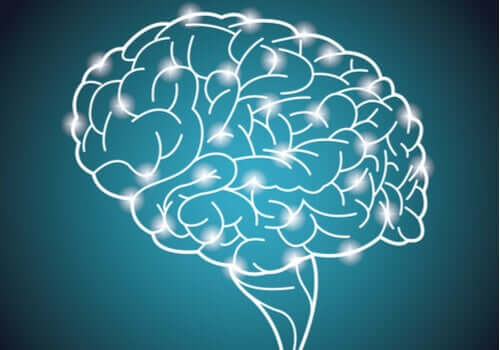The BBC, in collaboration with Dr Adam Hampshire of Imperial College London, launched in January 2020 what can be considered the world’s largest intelligence experiment, which sets it apart from others is that it has highly representative numerical results, with more than 250,000 participants.
According to Dr Adam Hampshire himself: “This equates to about 125,000 hours of testing, or more than 14 years. “The first results of the world’s largest intelligence experiment are now available. However, it should be noted that the process is not complete and it is still possible to participate.
- The proposal for this experiment is very simple.
- The public was invited to visit a platform and answer a series of questions and then perform a test.
- Which is not an IQ test.
- But a comprehensive examination of various aspects associated with cognition and emotional intelligence.
“Most men have a much greater intellectual capacity than they use. “José Ortega and Gasset?
As has already been said, to date more than 250,000 people have participated in this experiment, it must be said that most of them are British nationals, so in this sense the sample is not fully representative, in terms of gender and age the participants are very varied.
The first part of the test deals with topics related to lifestyle, the purpose of this section is to collect information on aspects such as power, the use of technology, habits, etc.
In the second part several exercises are performed on different cognitive skills, such as problem solving, memory, spatial reasoning, etc.
Several tests are also conducted that seek to find information about emotional intelligence. Finally, the results of the two sections are crossed to draw conclusions.
So far, the data provided by this experiment confirm known hypotheses about intelligence, for example, age is not a determining factor, although there are more visible cognitive abilities at some ages, the truth is that they do not disappear at other ages and also have notable exhibitors.
Experience indicates that problem-solving capacity peaks between 20 and 30 years of age, thereafter a decline begins. However, this strictly refers to cognitive problems in a real-time test.
There is no information on the value of the troubleshooting experience over a longer period of time to complete the test. The same experience, in addition to other available studies, shows that the older you are, the slower your brain.
One of the novelties regarding the world’s largest intelligence experience is that verbal reasoning is an age-increasing skill, this study found that it progresses even after age 80, so far it was thought that the peak of this capacity occurred in 60 years and that, from there, it began to decrease.
Another very striking fact of this study is the memory, to the extent that it could be established, who obtained the highest score in this item were video game players, this specific segment had better spatial memory, this is very interesting considering the fact that such games are traditionally considered cognitively useless.
The survey also found that people who habitually socialize on social networks have poorer mental health, many of them have symptoms of anxiety and depression, perhaps because a pattern of comparison prevails in the networks and because there are those who evaluate their social success based on feedback in these spaces. .
One of the most valuable aspects of this study is that it confirms that lifestyle has a decisive impact on intelligence, in particular, they observed that the brain works much better when exercising, just as staying intellectually active and learning a language at any age seems to be yes. be two antidotes for brain aging.

